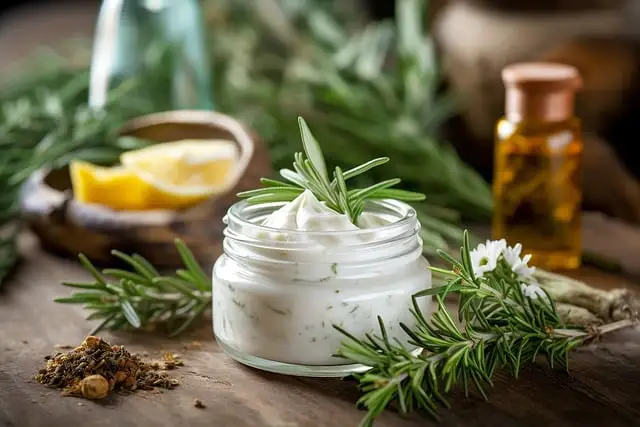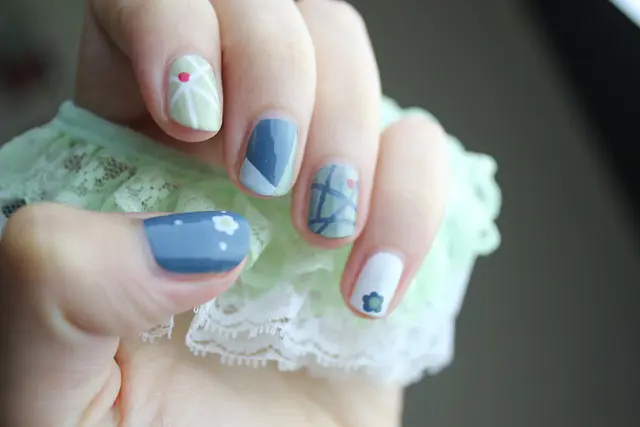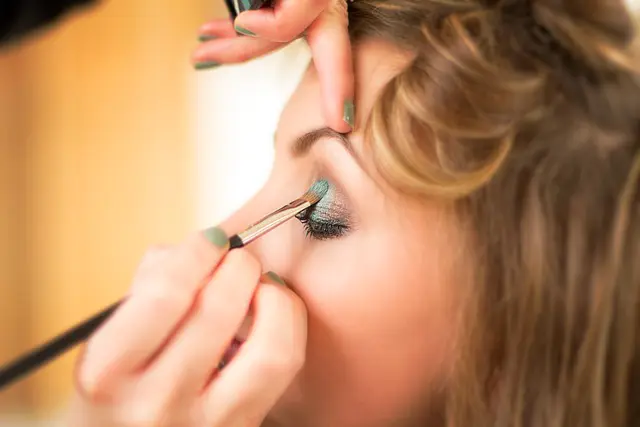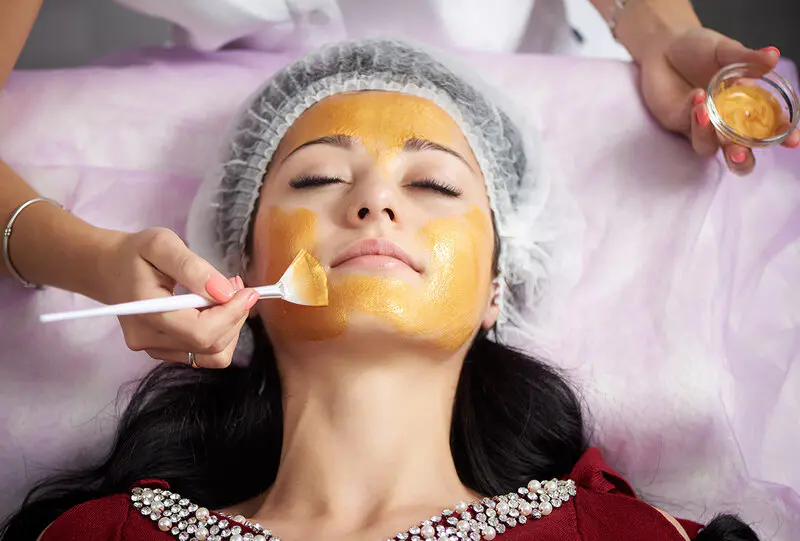The domain of beauty is currently experiencing a major metamorphosis, driven by new trends, advanced technologies, and shifting consumer tastes. The industry, once solely focused on external appearance, has broadened its scope to include technology, inclusivity, sustainability, and mental health. Today, the beauty sector is marked by change and creativity, with consumers reimagining beauty, challenging conventional limits, and exploring innovative ways to engage with beauty products.
This piece explores the key shifts that are reshaping the beauty industry, from the rise of health-oriented beauty products to the growing demand for purity and ethical standards. We will also look at how technological advancements, especially AI and AR, are transforming how consumers interact with beauty offerings. Get ready to explore the future of beauty, a tangible reality that goes beyond mere concepts.
1. The Growing Interconnection of Beauty and Health
While beauty was traditionally limited to physical looks, there has been a significant shift towards integrating beauty and wellness. Adopting a holistic approach to self-care, beauty has moved beyond products to become a lifestyle that fosters the well-being of the body, mind, and spirit.
Beauty and Nutrition Synergy
The appetite for nutraceuticals, or beauty supplements, has surged in tandem with the broader wellness trend. Consumers are increasingly recognizing that beauty encompasses more than just topical treatments; it also involves internal nourishment. From collagen-boosting powders to vitamin C-rich antioxidants, these supplements have become a staple in daily routines. Brands are leading the charge in this area, offering edible beauty solutions that promise glowing skin, strong nails, and shiny hair.
Simultaneously, the link between gut health and skin health has gained traction. Probiotic skincare and supplements that target the microbiome are becoming more popular. The gut-skin axis has inspired the creation of microbiome-friendly products aimed at achieving skin balance, reducing acne, inflammation, and signs of premature aging.
Stress Management and Beauty
As mental health and stress management become more integral to well-being discussions, beauty brands are incorporating wellness into their product lines. Consider facial oils infused with calming lavender, sleep-inducing face masks, and soothing skincare designed to offer a moment of tranquility amidst the chaos.
The beauty routine itself has evolved into a self-care ritual. Evening skincare routines or morning makeup applications are now seen as acts of mindful self-care. This evolution highlights that beauty is as much about nurturing one's mental health as it is about physical appearance.
2. Clean Beauty: Beyond a Trend
Clean beauty has evolved from a niche interest to a mainstream movement. Consumers are becoming more aware of the ingredients in their skincare and cosmetics and the environmental impact of the brands they support. As a result, the clean beauty market is thriving and evolving to include sustainability, transparency, and ethical considerations.
Ingredient Transparency and Safety
The demand for transparency is a key driver of the clean beauty movement. Today's consumers are more knowledgeable about the ingredients in their skincare and cosmetics. Brands that are transparent about their sourcing, production, and testing processes are gaining trust and market share. Ingredients such as parabens, sulfates, phthalates, and synthetic fragrances, once common, are now under scrutiny. Clean beauty advocates are urging brands to adopt safer, non-toxic alternatives that are just as effective without harmful side effects.
However, "clean" is not just about the absence of harmful chemicals. It represents a comprehensive approach to product development—advocating for plant-based ingredients, cruelty-free practices, and ethical sourcing. An increasing number of brands are creating sustainable products, pursuing cruelty-free certifications, and ensuring ethical supply chains.
Sustainable Practices
Clean beauty is not just about ingredients—it's also about manufacturing processes. Sustainable packaging is a hot topic, with companies aiming for zero-waste solutions. Beauty brands are introducing refillable packaging, glass containers, and biodegradable materials to reduce their environmental impact. The industry's reliance on plastic is being questioned, with companies opting for alternatives like aluminum or bamboo or offering product refill services to minimize container purchases.
Furthermore, ethical sourcing and carbon footprint reduction are becoming critical considerations in the clean beauty movement.
Recent
See All2025-03-26
Transforming the Beauty Industry: The Fusion of Science, Ecology, and Self-Expression
2025-03-26
Embarking on a Journey to Eternal Beauty: Cultivating Skin for Lasting Grace
2025-03-26
Harness the Skin-Reviving Effects of Green Tea
2025-03-26
Cultivate Your Skin's Health: Uncover the Perfect Body Wash for Your Skin Type
2025-03-26
Enhance Your Skin's Glow with Scientific Skincare: Tips for a Brighter Complexion
2025-03-26
The Importance of Slumber for Skincare: Discovering the Path to Glowing Beauty Through Rest
2025-03-26
Discovering the Path to Glowing Skin: A Guide to Natural Radiance
2025-03-26
Timeless Elegance: The Persistent Influence of Vintage Style in Modern Fashion
2025-03-26
Embrace the Glow: Crafting Your Own Turmeric Facial Mask
2025-03-26
The Connection Between Skincare and Emotional Well-being: How Your Skin Reflects Your Inner Self
Newsletter
Get life tips delivered directly to your inbox!











